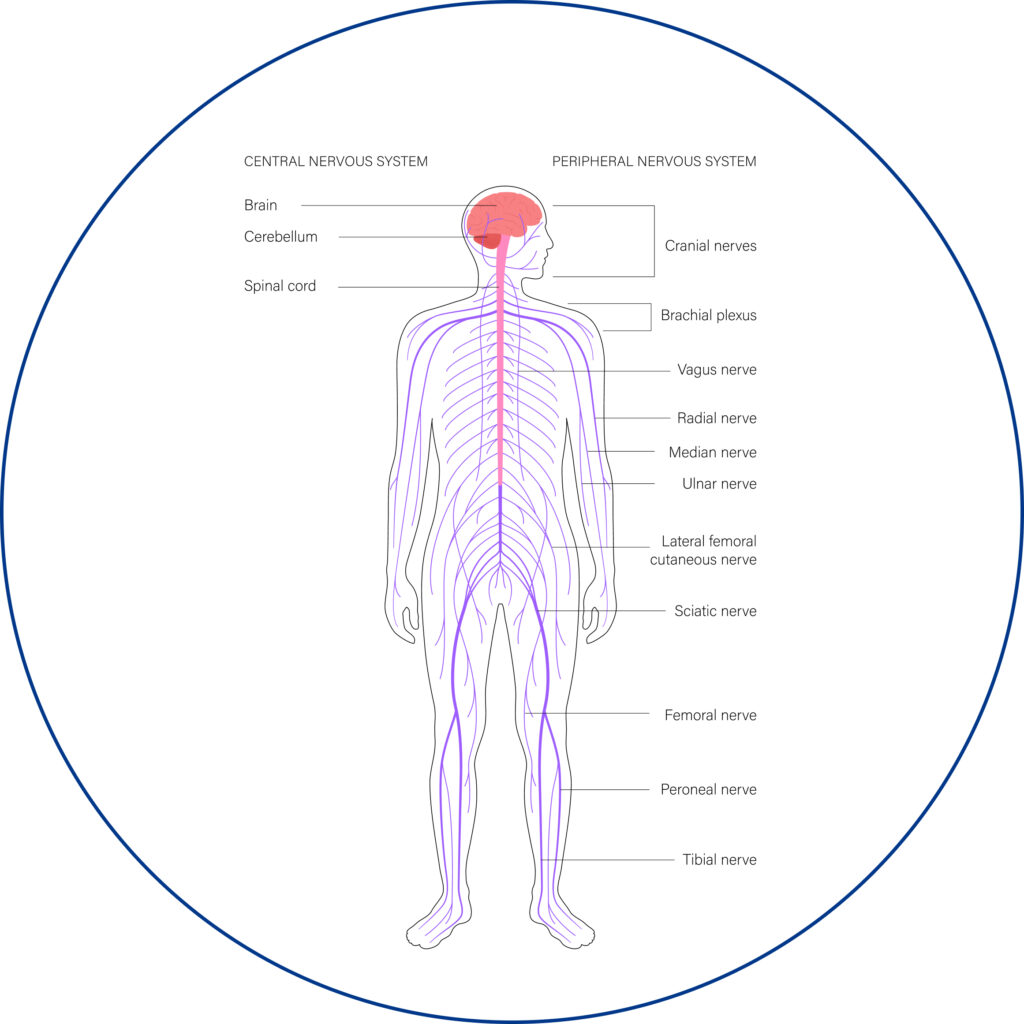
Peripheral nerve injuries are a significant concern, often resulting in substantial discomfort and functional impairment. These injuries can involve any of the nerves outside the brain and spinal cord and affect their ability to send signals to the muscles and skin.
Common Types of Peripheral Nerve Conditions

Dr Raoul Pope is a highly experienced Neurosurgeon and sub-specialised Spine Surgeon with 20+ years of experience. He consults and operates across Sydney.
Dr Pope completed a sub-specialised, dedicated, international training fellowship in complex neurosurgical and orthopaedic spine surgery at a recognised, high-volume Centre of Excellence in spine surgery, in Canada.
He offers telehealth consultations and welcomes both private and public patients.